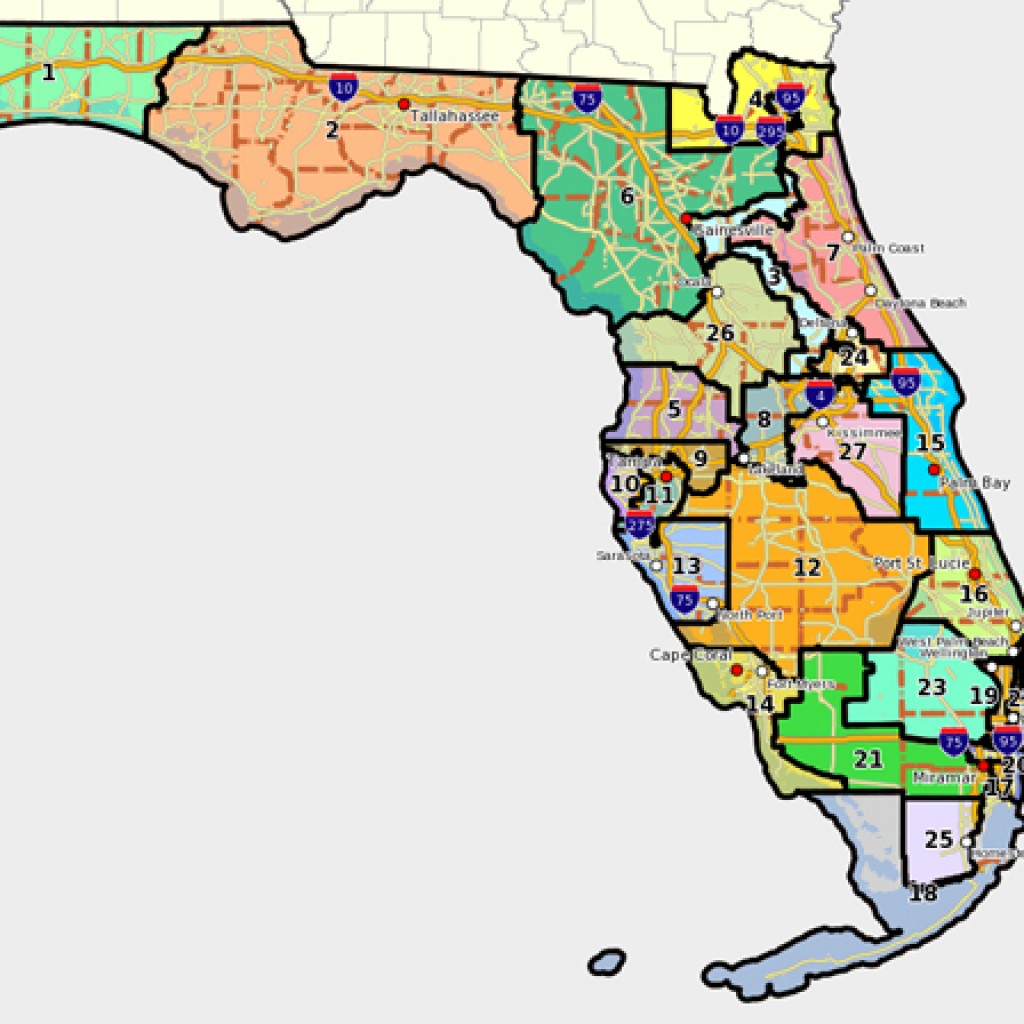
The Florida Supreme Court on Monday moved a step closer to potentially allowing “discovery” in the ongoing congressional redistricting challenge.
The court granted permission for Florida House of Representatives lawyers to file further arguments as to why they should be allowed to ask questions about proposed maps turned in by some of the plaintiffs.
One way to explain discovery is that it’s “the formal process of exchanging information between the parties about the witnesses and evidence they’ll present at trial,” according to the American Bar Association.
Often, that’s by deposition, in which one side’s lawyer questions another side’s witness before a trial about what she or he will talk about on the stand.
The clock ticks, however, with a final hearing before Circuit Judge Terry Lewis set to begin Thursday. The justices had not allowed discovery previously because of the tight timeframe.
The House’s ire was sparked by revelations that some of the maps submitted were drawn with the help of “staff members from the Democratic Congressional Campaign Committee.”
There are two groups of plaintiffs: A group of Democratic-leaning voters, and The League of Women Voters of Florida and Common Cause.
The latest boundary proposals are part of an ongoing case involving the Florida Supreme Court’s finding that current districts were gerrymandered against the state Constitution; that is, they were drawn to benefit Republican candidates.
But the plaintiffs “asserted that the constitutional prohibition on improper partisan intent does not apply to their remedial plans—only to the Legislature’s,” the House’s brief says.
The plaintiffs also said “parties other than the Legislature may offer gerrymandered districts to the Court, and the Court might adopt those districts,” it went on. Such a position “is subversive of the Constitution and the will of the people who approved an amendment to prohibit partisanship in redistricting.”
In another filing, House lawyers wrote, “Neither political party holds a monopoly on gerrymandering … The Constitution applies to both parties’ efforts to manipulate the political process and prohibits the efforts of the Democratic Party to infiltrate and influence redistricting and to shape the State’s congressional districts.”
Lewis will have to pick a map or, more likely, play jigsaw puzzle with parts of different maps to come up with a final version that passes constitutional muster.



